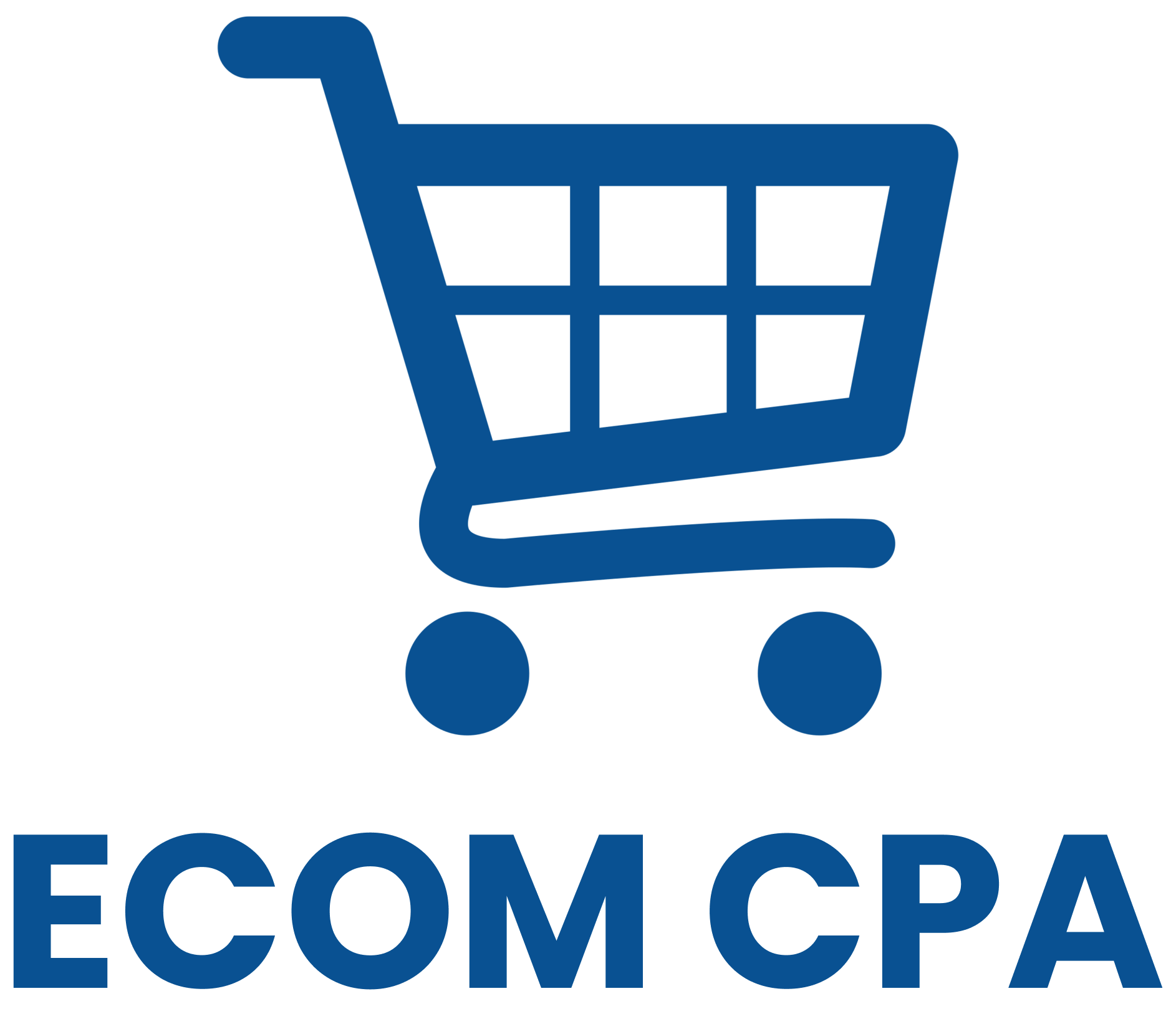Whether it’s the story of a budding entrepreneur whose oversight led to unexpected liabilities, or the tale of a visionary who maximized their potential by choosing the right entity, the journey of creating and sustaining a business is fraught with pivotal decisions. This post is your compass through the complex terrain of business entities. From sole proprietorships to corporations, we unravel the myths, reveal the facts, and guide you towards making an informed choice that aligns with your eCommerce ambitions. Don’t let a lack of understanding about business structures leave your dream vulnerable.
Navigating the maze of business entities can feel like stepping into a complex labyrinth designed for legal experts. From sole proprietorships to corporations, each type of business entity carries its unique blend of benefits, limitations, and misconceptions. This post demystifies these entities, busts common myths, and guides you through choosing the right structure for your business vision.
Understanding the Landscape: Types of Business Entities
Before we dive into myths and decision-making, let’s outline the primary types of business entities:
Sole Proprietorship – The simplest form, where one person owns and runs the business. It offers no separation between personal and business finances.
Partnership – This involves two or more people co-owning a business. Partnerships can be general or limited and require a clear agreement on the division of profits, responsibilities, and liabilities.
Limited Liability Company (LLC) – An LLC blends the characteristics of a corporation and a partnership or sole proprietorship. It offers liability protection to its owners (called members) while providing operational flexibility and pass-through taxation.
Corporation – Corporations are more complex, suited for businesses seeking extensive growth or public trading. They offer the strongest liability protection but are subject to double taxation, except for S-corporations, which allow profits and losses to pass through to shareholders’ personal tax returns.
Cooperative – Owned and operated by a group of individuals for their mutual benefit, cooperatives are structured to meet the specific needs of its members, rather than to earn profits for investors.
Debunking Common Myths
Each business entity comes with its own set of myths. Let’s clear up a few:
Sole Proprietorship: “It’s too risky.”
| Myth: Your personal assets are always at risk. | Fact: While personal liability is a concern, proper insurance and smart business practices can mitigate risks significantly. |
Partnership: “It’s all smooth sailing.”
| Myth: Partnerships are easier since you share the workload. | Fact: Without clear agreements, partnerships can lead to disputes and complications. It’s crucial to have a detailed partnership agreement in place. |
LLC: “It’s too complicated.”
| Myth: Forming an LLC is complex and expensive. | Fact: While more involved than a sole proprietorship, setting up an LLC is relatively straightforward in most states and can offer significant protection and flexibility. |
Corporation: “Only for the big players.”
| Myth: Corporations are only beneficial for large businesses. | Fact: Small businesses can also benefit from the corporate structure, especially when seeking investment or limiting owner liability. |
Cooperative: “It’s not for profit.”
| Myth: Cooperatives can’t be as profitable as other business types. | Fact: While cooperatives focus on member benefits, they can be equally or more profitable than traditional businesses. |
Choosing the Right Structure
Selecting the right business entity is a pivotal decision that depends on multiple factors with long-term implications. Here’s how to approach this choice:
Assess Your Risk
Before diving into the world of business, take a moment to evaluate the risks associated with your venture, the level of personal liability you’re comfortable with and how much of your personal assets you’re willing to risk. This is an important consideration, especially in the volatile realm of eCommerce. High-risk businesses might benefit from entities like LLCs or corporations that offer liability protection, shielding personal assets like your home or savings from business liabilities. Conversely, if your business is low-risk or you’re still validating your business idea, a sole proprietorship might be a simpler start, keeping in mind that risk assessment isn’t a one-time task but an ongoing process as your business evolves.
Consider Your Future Goals
Where do you see your eCommerce business in the next five, ten, or twenty years? If you dream of scaling your operations, attracting investors, or even going public, starting with a business structure that supports these ambitions, like a corporation, might be wise. However, if your vision is a lifestyle business that supports personal freedoms, a sole proprietorship or an LLC could offer the simplicity and flexibility you desire. Remember, your business entity can evolve as your business grows, but some changes are easier than others.
Understand Tax Implications
Each entity has different tax responsibilities. It’s important to understand how your choice affects your taxes. Taxes can be a daunting aspect of running a business, but understanding the tax implications of different business entities can save you money and headaches down the line. For instance, sole proprietorships and partnerships offer simplicity with pass-through taxation, meaning the business’s income is treated as your personal income, potentially simplifying tax filing but also mingling business and personal finances. LLCs offer flexibility, allowing you to choose between pass-through taxation or corporate taxation, while S-corporations can provide tax benefits by allowing owners to be treated as employees for tax purposes. It’s crucial to consider not just the immediate tax implications but also long-term tax planning for your eCommerce business.
Consult with Professionals
Given the complexities and nuances of business entities and tax laws, consulting with legal and financial professionals isn’t just recommended; it’s essential to understand the implications fully.. These experts can provide personalized advice based on your specific situation, helping you navigate the initial setup, potential pitfalls, and ongoing compliance requirements. For eCommerce businesses, where the digital landscape adds layers of complexity regarding sales tax, international regulations, and more, having a knowledgeable advisor can be invaluable.
Conclusion
Choosing the right business entity is a foundational step in your entrepreneurial journey. By understanding the different types of entities, debunking the myths associated with them, and carefully considering your business goals and risk tolerance, you can select the structure that best supports your business vision. Remember, what works for one business might not work for another, so it’s essential to make an informed decision tailored to your unique situation.
–
About ECOM CPA:
ECOM CPA is an eCommerce focused CPA that is dedicated to accelerating financial growth for their clients. A trusted guide to financial clarity 7-9 figure eCommerce business, offering solutions including: Fractional CFO Services, Accounting/Bookkeeping, Tax Planning, and Tax Filing. To date ECOM CPA has uncovered over $40 million in tax savings for their clients.




